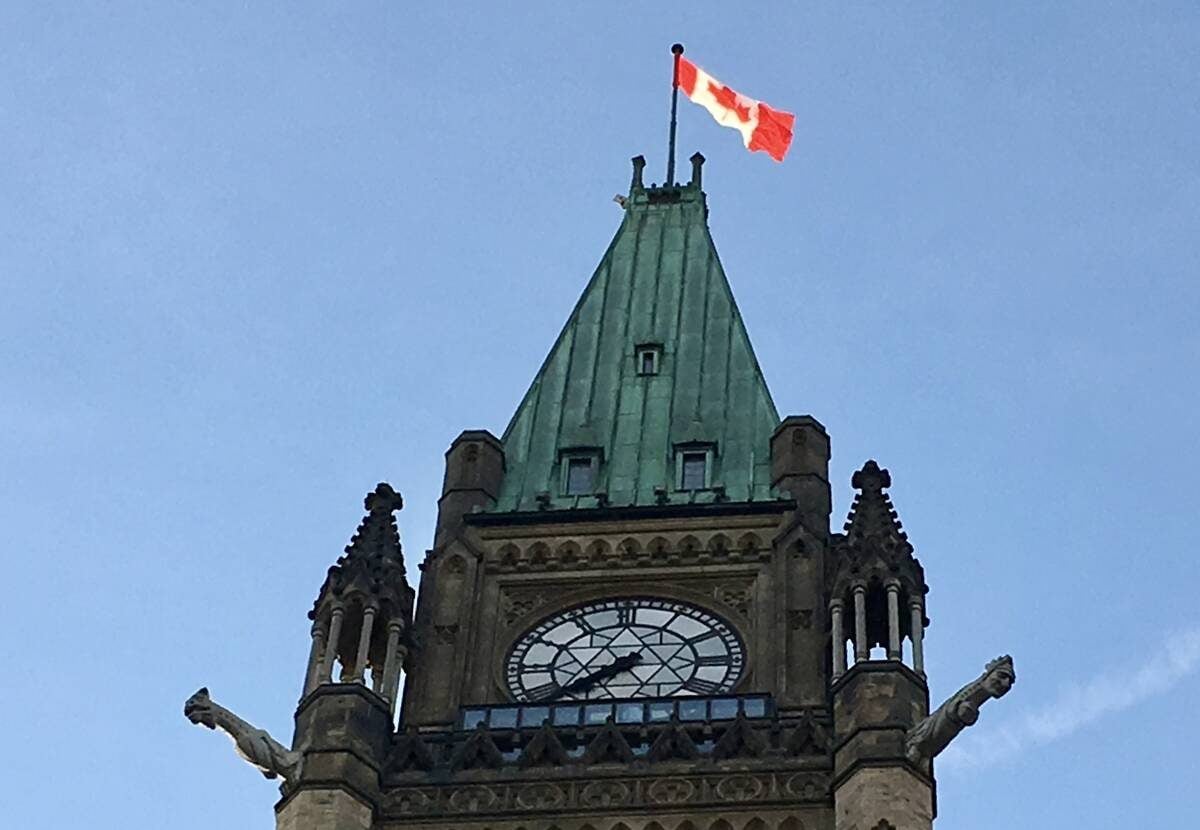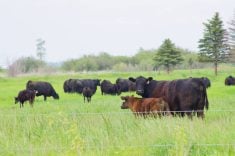RED DEER – When the first Red Angus cattle appeared in Canada, they
were not completely welcomed.
“We had to show against the blacks. That was tough,” said Bryon
Mackenzie, whose father, Mark, helped import the new strain from
Wyoming in 1962.
The Mackenzies wanted them to cross with their Shorthorns and soon
other breeders found the mahogany coloured animals fit well into a
variety of programs.
Breeders like Neil Gano, president of the Canadian Red Angus Promotion
Read Also

House ag committee to undertake several studies
The House of Commons standing agriculture committee has set its agenda for the coming months. Members began the fall sitting with a two-hour update on international trade
Society, also remember the early years when acceptance was a struggle.
“At one time people didn’t want them,” he said.
Now at many shows and sales, red rules.
In the last two years, they have triumphed at major shows like the
Calgary Stampede, Canadian Western Agribition in Regina, Northern
Interior Livestock Exhibition at Billings, Montana, and the Royal
Winter Fair in Toronto. They have also set record prices.
“Red Angus is absolutely smokin’ right now,” said Mackenzie.
Canadian advantage
Unlike their American counterparts, who have a separate breed
association, the Canadian Red Angus breeders have remained part of the
Canadian Angus Association.
Another advantage for breeders here is acceptance into the Canadian
Certified Angus Beef program. Canada allows reds into its program as
long as entrants can prove Angus parentage. The American certified
Angus beef program insists all selections start with a black hide.
Largely a North American phenomenon, some reds have found their way to
Great Britain, Australia and Argentina.
A major promotional tool for the society is the Red Roundup, now in its
30th year at Red Deer.
Breeders must enter their cattle for selection before the event to
ensure only the best come to town.
The year shone on Brian and Kim Geis of Barrhead, Alta. They had the
champion bull calf in the futurity show.
Its mother, born in 1996, was later the high seller of the sale at
$14,000 for a half interest to Soo Line Cattle Co. of Midale, Sask.
Other high sellers included a bred yearling female for $13,000.
Consigned by Get-a-long Farms owned by Dennis and Shelly Ericson and
Boyd Monea of Wetaskiwin, Alta., it sold to a consortium called
Fabulous Females.
An Alaskan buyer bid $10,100 for a half embryo interest and half
interest in all future natural offspring for a cow entered by Doug
Schneider of Bruderheim, Alta.
A bull calf from Gold-Bar Livestock, Ariss, Ont., sold for $9,700.
The sale total was $431,400 on 99 lots to average $4,357. Offerings
included semen sales, embryos and live animals.
A semen sale the day before netted about $63,000 for 54 lots of semen.

















